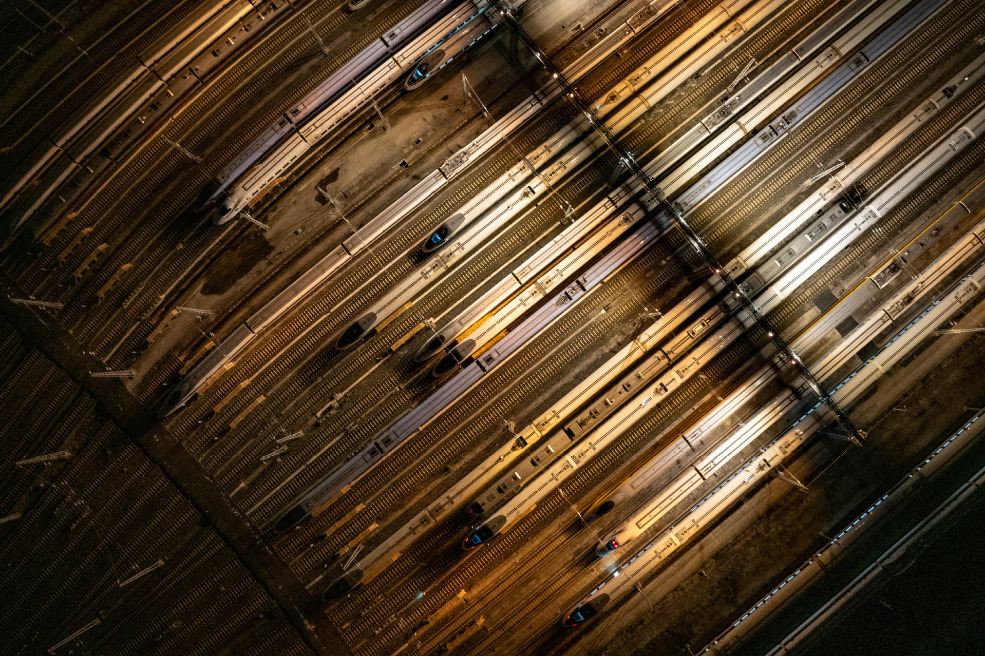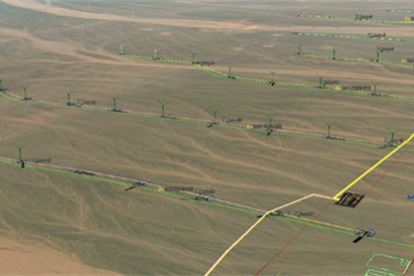River rescuer goes with the flow
Ecology lecturer uses his spare time to float down major waterways checking for environmental pollution

Over the past 11 years, Zhou Xiaoming navigated several rivers in Hunan province in his spare time, sometimes endangering his life as he gathered evidence of environmental pollution.
The 41-year-old from Changsha, Hunan, compiled 100,000 photos and thousands of video hours which he presented to government agencies.
An ecology lecturer at Hunan Agricultural University, he is proud to think of himself as a vigilante movie hero.
"In Hollywood movies, heroes may be random, but at a certain moment they must come forward to save a life," Zhou said of his philosophy. "After all, it is not up to one person, a team or even a country to protect the environment. Everyone on Earth should do something."
But being a self-appointed environmental guardian doesn't come cheap, with 300,000 yuan ($42,850) spent on equipment such as inflatable canoes and cameras.
Since 2008, Zhou has patrolled in a canoe, mainly along the Liuyang River in Hunan, to find pollution sources and report illegal electro-fishing.
He said that the river was like his second mother and he had realized his true calling by protecting her and returning its value as a scenic attraction.
In addition to the Liuyang, Zhou has traveled to parts of the Yangtze River, Xiangjiang River and Dongting Lake in Hunan province.
Summer job
Every summer vacation he sets aside six days to explore other rivers around China. The trip takes two weeks to prepare for. On average, he spends six hours a day on the water and packs food supplies of compressed biscuits, ham and bottled water. An empty water bottle doubles as a toilet.
Zhou says he always hopes to find a suitable bank to camp on but sometimes has to float through the night.
In 2012 in Luzhou, a port city on the Yangtze River, Sichuan province, he drifted all night but ran into trouble when a drop in temperature caused a fall in the canoe's air pressure. "It was so cold that night that the air in my canoe shrank and it almost sank. Fortunately, I found a place to land," he said.
Another problem on the river was the dams villagers had built to control water levels for farming purposes, which created eddies and erratic currents. "I didn't notice them and was washed into the water while avoiding a boat coming from the opposite direction," Zhou said. "It was a swift current and not easy to float to a river bank even in a life jacket. I floated downstream and managed to make land."
Despite the occasional dangers, Zhou said his environmental guardianship work gave him great pleasure.
When he was a child, he lived near the Liuyang River which then had a Grade II ranking, the second-highest level in China's five-tier water quality system. He grew up drinking the water and swimming and fishing in the river.
"After I went to university, the water quality went down to Grade V due to the discharge of sewage and industrial waste from factories," he said.
"I really couldn't stand seeing the pollution continuing anymore. So I set out to find the source and explored 235 kilometers of the waterway. I then understood the basic situation of the river."
Team leader
In 2014, Zhou was appointed team leader of the Liuyang River green guard brigade in charge of about 40 members. The brigade receives support from the government in the form of equipment and also liaises with relevant departments.
"The local environmental protection bureau has at least two meetings a year with our team to share information," Zhou said. "We also have a WeChat group with the bureau to discuss about problems and solutions."
Through Zhou's individual and team efforts over the years, dozens of sewage outlets along the Liuyang River have been closed, replaced by sewage treatment plants and wetlands.
He now wants to focus on promoting methods of ecological restoration and cultivating young volunteers who have also set up environmental protection organizations themselves.
Though he has seen water quality improve, Zhou said the pollution problem still exists in the form of sewage discharge and biodiversity degradation.
The main thing holding him back is his family, who want to see him settled down.
"I need to do more in the future and my family are all supportive," he said. "But they hope I could marry soon.
"But I am not worried because it is usually impossible for someone who is obsessed with something to be understood. Moreover, for a man, the realization of his self-worth is the most important thing."
Zhou Mojun contributed to this story.




Today's Top News
- TikTok moves closer to its ban date in US
- RMB stability to be further prioritized
- Oceans becoming warmer in China and worldwide
- Beijing offers foreign travelers greater convenience
- Biden out of the picture in Middle East: China Daily editorial
- Biden out of the picture in Middle East: China Daily editorial






























